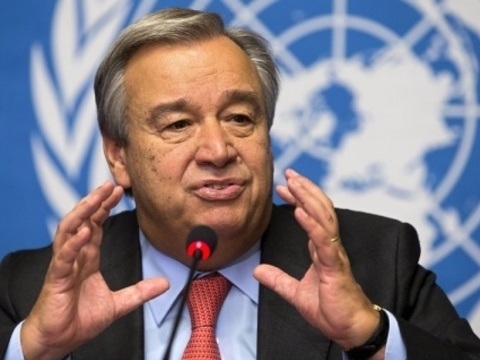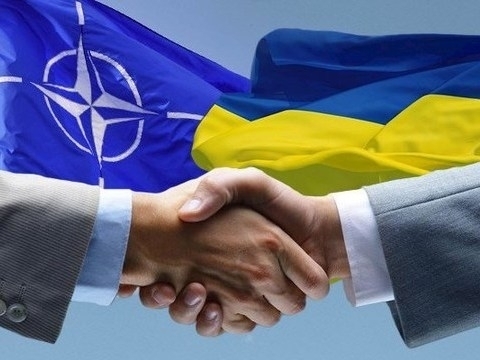Ambassador Daniel Baer, head of the U.S. mission to the Organization for Security and Cooperation in Europe (OSCE), and U.S. Ambassador to Ukraine Geoffrey Pyatt made the statements during a July 29 telephonic press briefing from Vienna. The briefing came one day after the head of the OSCE Special Monitoring Mission (SMM) in Ukraine, Ertugrul Apakan, and OSCE special representative on Ukraine Martin Sajdik briefed the OSCE Permanent Council on the situation. Baer said the United States and other OSCE members were increasingly concerned by what they see as a disconnect between Russia's words and its actions regarding the conflict. "We see continued resupply of weapons and fighters; we see continued provocations to keep the conflict going; we see continued restrictions of the SMM and its monitors; we see continued shoot-downs of SMM UAVs [drones] after they have seen Russian heavy weaponry in places where it shouldn't be," Baer said. "And so, the message that was delivered to the Russian Federation yesterday by many, many participating states in the [OSCE] Permanent Council is that it is time to match your words with action." Pyatt stressed the same point, saying that Russia's continued material support of separatist fighters in eastern Ukraine was "driving the conflict." "Rather than terminating this conflict, Russia's actions are having the effect of escalating it once again," Pyatt said. The ambassadors also accused Russia of failing to implement the Minsk agreement that was signed in September 2014 and which, along with a second agreement signed in February 2015, is supposed to provide a road map for resolving the crisis. Pyatt said Russia had failed to withdraw troops and equipment, fully implement the cease-fire envisioned under the Minsk agreements, and release all hostages. Baer said that the Minsk accords had "all of the steps that are necessary" to end the conflict. "We have known what needs to be done for two years now," he said. "The problem is not in solving some sort of difficult puzzle. This is not a puzzle. The problem is political will." Baer added that the U.S. position on not recognizing Russia's 2014 annexation of the Ukrainian Black Sea peninsula of Crimea remained unchanged. "A point that we have made here [at the OSCE] when Russian representatives say they want to have a conversation about the future of European security is that any conversation about the future of European security will have to start with Crimea," Baer said. According to the United Nations, more than 9,400 people have been killed in fighting between Ukrainian security forces and Russia-backed militants in eastern Ukraine since April 2014.
Останні новини

"День, якого не повинно бути" — поезія темних часів на Радіо Промінь

"Без Обмежень" новою піснею закликають берегти військових

Ukrainian Diary – digest of the most important news over the past week

Ukrainian Diary – digest of the most important news over the past week (audio)

Ukrainian Diary – digest of the most important news over the past week
Related News

UN names Ukraine one of priority tasks
Freedom House assesses Ukraine as partially free country

IT sphere revenues in Ukraine increase by $ 3.5 billion over year

Misinformation campaign seriously weakened Ukraine

Experts evaluate Ukraine's chances of joining NATO





